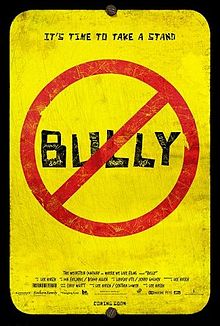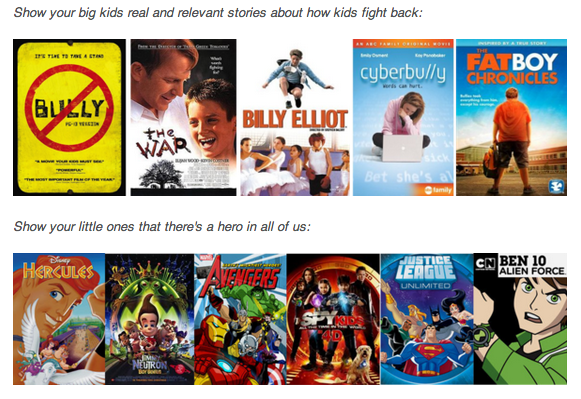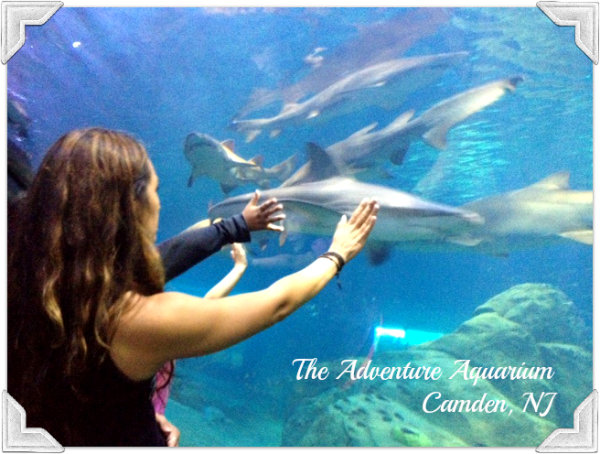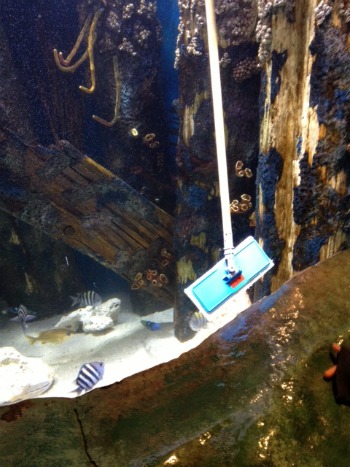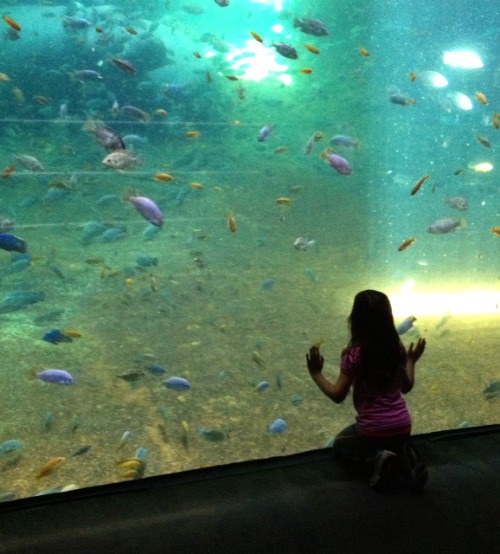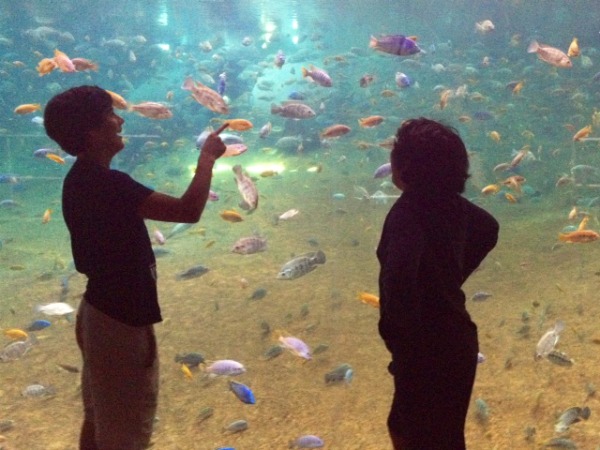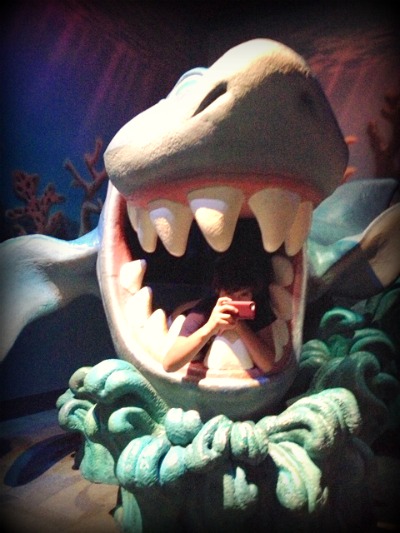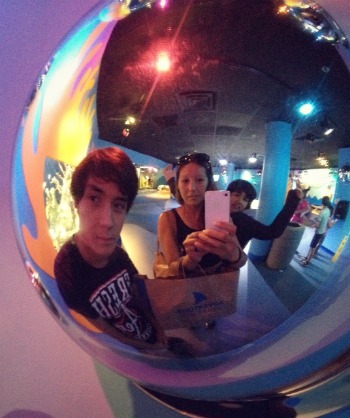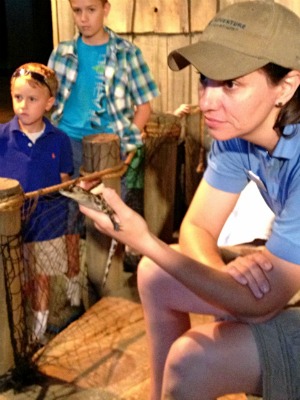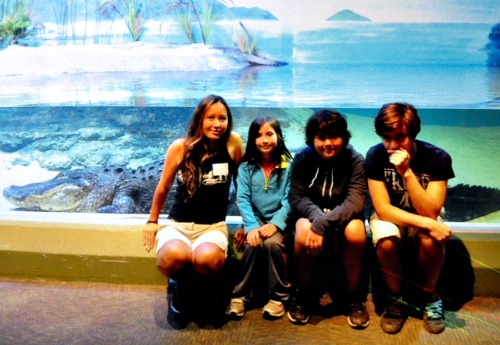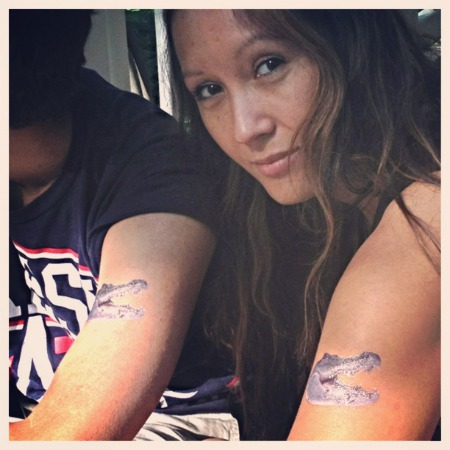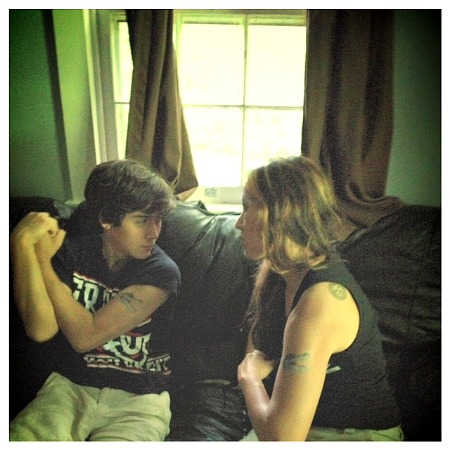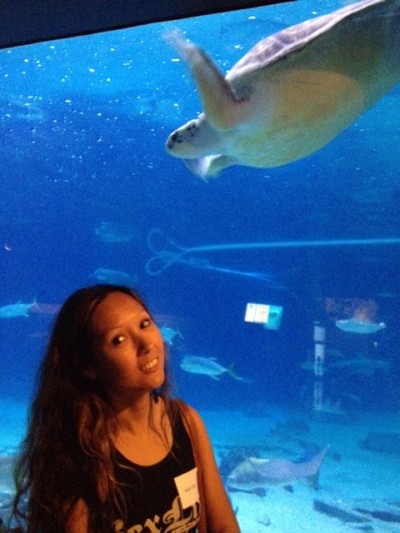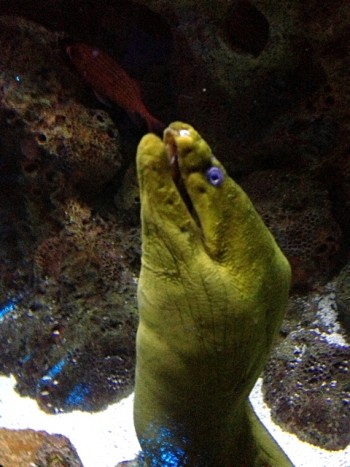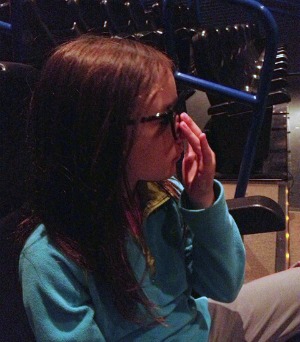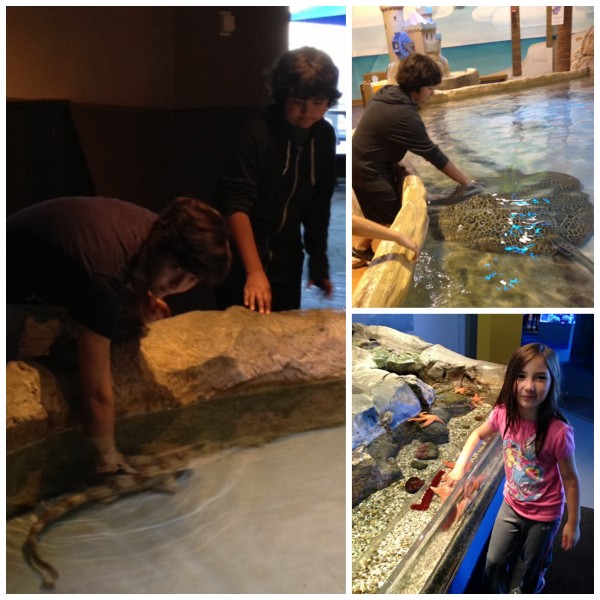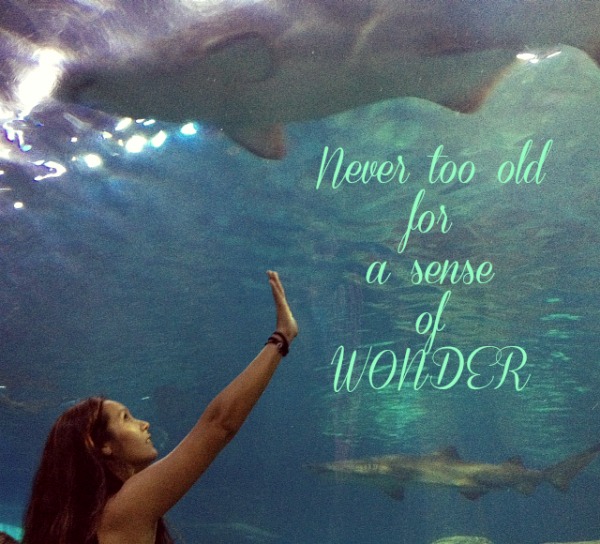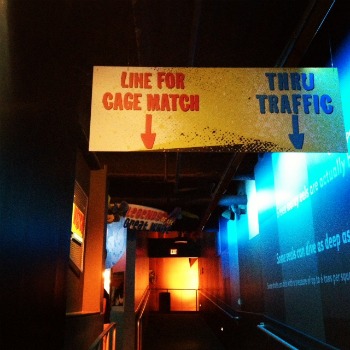Knowing what’s right doesn’t mean much unless you do what’s right.
―Theodore Roosevelt
Disclosure: I’m a member of the Netflix Stream Team, and they’ve equipped our family to stream movies for discussion.
I love movies. I love discussion. I love reasons to coerce my kids to watch movies with me and debate them after. This is winning all around for me.
It’s Halloween, so I want to talk about something scary.
Not ghouls or goblins, I’m afraid. The scariest things are the things that lurk in safe havens and look like friends.
This month, the Netflix Stream Team was asked to watch an age-appropriate movie about bullying with their kids, October being National Bulling Prevention Month. (The list of titles is at the end of this post.)
The boys and I watched Bully, a 2011 documentary that followed kids on their school buses and in their schools. Right away, Jake started agitating. He didn’t want to watch. It was going to be too sad. He couldn’t take it.
Make no mistake, this is a difficult movie to watch and a difficult conversation to have, and both are important. The first family affected by bullying that you meet— you don’t get to meet the victim. He’s gone. He has taken his own life, and as someone who has lost a family member to suicide every segment involving this family was heartwrenching for me.
He was 11. He’ll stay 11 forever. At 11 he couldn’t see how he could possibly make it through another day. He was done trying.
Every child we see featured in this movie is at or nearing this breaking point, and it’s devastating. It’s also something that’s happening to kids everywhere.
Why? Why is this happening now?
My boys assure me that they’ve never seen situations as extreme as what’s happening on the screen; in fact, they were unconvinced at first the dialogue wasn’t fabricated. Part of that, I think, is the anti-bullying measures that their schools have put into place (a no-tolerance policy that we’ve encountered firsthand— long story, not mine to tell). The part of the country we live in may be another; Bully chronicles the stories of kids in Georgia, Iowa, Texas, Mississippi and Oklahoma, not places that spring to mind as hotbeds of tolerance. Mostly I think we lucked out with the kids they’re friends with.
There’s a lot to get angry about, and a lot I want to say. But I don’t want to go on all night, so I’m sticking to two main takeaways.
- Bullying is a national problem that we have to tackle one on one. Policy helps, but what really matters is teaching your kids to stand up. And I don’t mean if you’re the one being bullied. I mean if you hear someone saying something mean, you speak up and say that isn’t cool, don’t be a jerk. If you hear something untrue, you call the liar out. And if you see someone getting physical, you tell them to lay off now or else you’re going to speak up to an authority figure. Zero tolerance.I’ve told my kids if it comes down to a fight, I’d rather they take the heat for standing up to a bully than stay unpunished while letting someone be bullied. I don’t know that this is a common or popular stance. What I do know is it’s important to me to raise kids that won’t let this kind of stuff stand. That instinctively react when they see someone being victimized.
- Bullying may be primarily a kid problem, but adults are a big part of it. I spent half of the documentary yelling at adults in frustration. If you’re not part of the solution you’re part of the problem. From the counselor that chides a victim for not being ernest when she forces him to shake hands with the kid who is bullying him. With the sheriff who can’t imagine how a 14-year-old girl might feel so trapped and impotent that she might brandish a weapon to feel like she has the upper hand, just this once. With the parents who ask their kids why they hang out with kids who abuse them, as though it’s some sort of personal choice.We need to figure out a better way to monitor what’s happening so we can contain it. As parents, we really need to watch what we say and do. “Boys will be boys” and “girls are so catty at this age” are ways we excuse kids from reprehensible behavior. Criticizing and judging a girl for the way she dresses and dances (cough Miley Cyrus)? Snickering at a particularly weird kid at the mall or on the tv? Our kids hear that. They learn it’s an acceptable way to treat people.
Talk to your kids. Find out about the level of bullying in their lives. Walk through what to do if they are bullied, or if they see another child being bullied, in person or on the internet. Let them know your expectations. And make sure that they know they are not alone.
I am not anxious to be the loudest voice or the most popular.
But I would like to think that at a crucial moment, I was an effective voice
of the voiceless, an effective hope of the hopeless.
―Whitney Young
An 11 year old experiencing a suicide in their life is a tragedy of epic proportions. An 11 year old contemplating suicide… a kid of any age, with their lives just beginning… it needs to stop.
Speak up.
Some movies to help you kickstart that conversation with your kids— they’re all available for streaming on Netflix.
For more about Bully and action points as a parent and as an advocate, check out The Bully Project.





